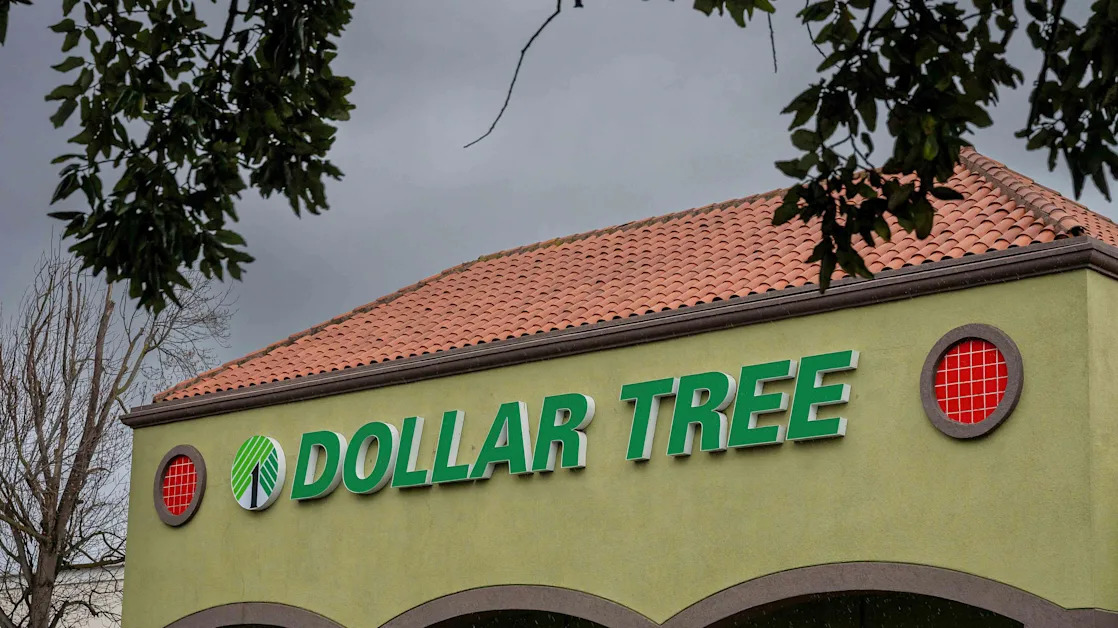
Banking has driven a surprise rebound in private sector growth as lower interest rates encouraged Britons to take out more mortgages, according to an influential survey of businesses.
Financial services as well as investment in technology helped push the purchasing managers’ index (PMI) from S&P Global to 52 in March – its highest level in six months .
Any score above 50 indicates an expansion in activity, with the latest figures suggesting economic growth of around 0.1pc in the first quarter of the year.
This will come as a relief to Rachel Reeves, the Chancellor, as she prepares for Wednesday’s Spring Statement amid fears of a recession.
Despite the rise in services such as banking, other industries are struggling.
Manufacturing has plumbed new depths, with activity in the nation’s hard-pressed factories shrinking at the fastest pace in 18 months, the survey showed.
Employment in the private sector overall has shrunk in each of the past six months amid fears that a £25bn National Insurance increase due to hit next month and an increase in the minimum wage will limit companies’ ability to hire staff.
Chris Williamson, the chief business economist at S&P Global Market Intelligence, said the growth in services was “a nice encouraging sign that not everything is moving in the wrong direction”.
“Lower interest rates might be spurring demand for some financial products and in the property market. It is not really filtering through to persuade us to spend more as consumers,” he said.
Even the extra investment in tech and AI may in part be a sign businesses are looking for more automation and artificial intelligence as an alternative to hiring increasingly expensive workers.
“Headwinds include the additional costs imposed on businesses in the Budget, low confidence among businesses and households, and sluggish demand at home and abroad, the latter linked to heightened geopolitical uncertainty resulting from US tariff policies,” said Mr Williamson.
“Worryingly, these headwinds are likely to grow in force as higher National Insurance contributions come into effect in April, coinciding with the anticipated review of US tariff policy on April 2, the latter having the potential to further subdue global economic growth and dampen UK trade.”
A potential boost may come from the eurozone, where Germany’s struggling manufacturers reported the biggest growth in activity for three years.
Factories have received a boost from America as importers try to land European goods before the tariffs come into force. Meanwhile extra defence and infrastructure spending lifts hopes of future growth, which could spill over to increase demand for British products in the coming years.
Broaden your horizons with award-winning British journalism. Try The Telegraph free for 1 month with unlimited access to our award-winning website, exclusive app, money-saving offers and more.




